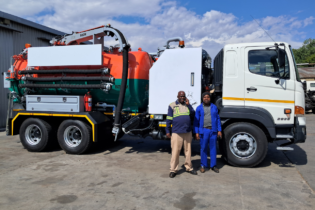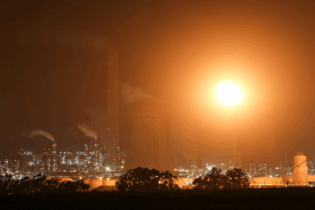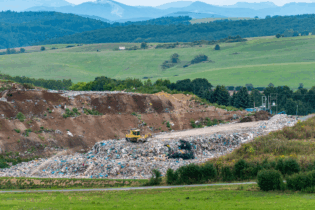Energy remains the biggest challenge for development in Africa. Infrastructure is lacking or outdated and not maintained; the rate of urbanisation and the resulting increase in power usage has burdened utilities and finally, the growth in mines and other resource exploration and extraction has further increased the demand for reliable and consistent energy sources. Kola Aluko, Deputy CEO Seven Energy, an independent oil and gas firm with operations in the Niger Delta, contributed the following to Business Day.
Ask investors in the west what makes them nervous about Africa and their answers typically include political risk and poor infrastructure. The first of these concerns are easing over time, but infrastructure – particularly in the sub-Saharan region – still lags behind the rest of the developing world.Many sub-Saharan economies have enjoyed rising growth rates in recent years. The consensus is that the region will experience a boom during the next decade thanks to demand for commodities in emerging markets, investment from major international players such as China and India, and an improved political environment. The general view, which I share, is that provided the region can attract enough business, it is on the brink of being part of the broader growth story of the BRICs (Brazil, Russia, India and China).
The African continent has an abundance of energy resources. Domestic energy demand in sub-Saharan Africa is rising due to growth in manufacturing and mining along with an increasing number of middle class consumers. For many years, however, growth in population and output has far outstripped growth in generation capacity, with the result that large parts of the region now face an energy crisis.
Kenya, Burundi and Uganda have all endured periods of power rationing, and the pain is not confined to East Africa. Nigeria, Africa’s largest oil producer, is the world’s largest importer of diesel generators – around two million units per year. To maintain production at profitable levels, Nigerian firms are unable to depend solely on state power capacity and are forced to use generators as back-up, usually at around two or three times the cost. The fact that they are continuing to expand despite this burden gives us a glimpse of what might be possible once the power infrastructure gap starts to close. My experience in the Nigerian oil and gas sector goes back more than a decade, and includes roles in both downstream and upstream operations. In 2001, after a directorship at the crude oil trading firm Besse Oil & Services, I founded Fossil Resources Limited – an indigenous downstream oil and gas company. After three years I moved into exploration: first as CEO of Exoro Energy International and then as Deputy CEO of Seven Energy, following the merger of the two in 2007. Seven Energy is a leading independent oil and gas exploration company with operations in three onshore fields in the Niger Delta and a strong focus on Nigeria’s rapidly growing gas market. Having secured long term financial backing, and formed strategic partnerships with the country’s petroleum development company, a commercial subsidiary of the state-owned Nigerian National Development Corporation; and Petrofac – a leading global engineering and facilities provider, we are uniquely positioned in the sector.
I became involved in oil and gas exploration not just because I wanted to be part of Nigeria’s most successful industry, but because I realised that harnessing our resources is essential to our long-term growth prospects – and that applies not just to Nigeria, but to the region as a whole.
With economies outpacing growth in the power infrastructure, there is a clear need to move beyond the ageing hydro plants such as those on which several drought-prone East African nations are still heavily dependent, and to bring reliable electricity to firms and households, as well as to the hundreds of millions of Africans who still rely on ‘biomass’ – burning wood and other fuel – to meet their energy needs. This is not to say that renewables should be ignored in favour of fossil fuels. A mature, diversified energy mix is one that makes optimal use of all available resources; hydro, geothermal, wind and solar power all have a necessary role to play.
The combined generation capacity of all 47 sub-Saharan African countries, excluding South Africa, amounts to around 30 GW – roughly equal to that of Argentina. To meet rising demand and support growth, the African Development Bank estimates a requirement of around 7 000 MW of new capacity each year, and puts the annual capital investment needed at around US$41 billion (R328 billion). Since government spending tends to be confined to existing infrastructure, a large financing gap exists that can only be closed by bulk institutional investment from the private sector. Home-grown industry is part of the solution, and forming the right partnerships with domestic firms will be important, but clearly such a target requires substantial foreign investment. With large geographical distances between energy resources and centres of energy consumption, capturing economies of scale requires a cross-border approach. According to the World Bank, power trading between countries linked by transmission lines could reduce costs by up to 60% per KWh. Given the shortfall in public funding, I feel, as many others do, that there is a strong case for directing aid efforts towards the development of large-scale transmission networks, while channelling private investment into the more profitable business of generation. Source: African Business Review





